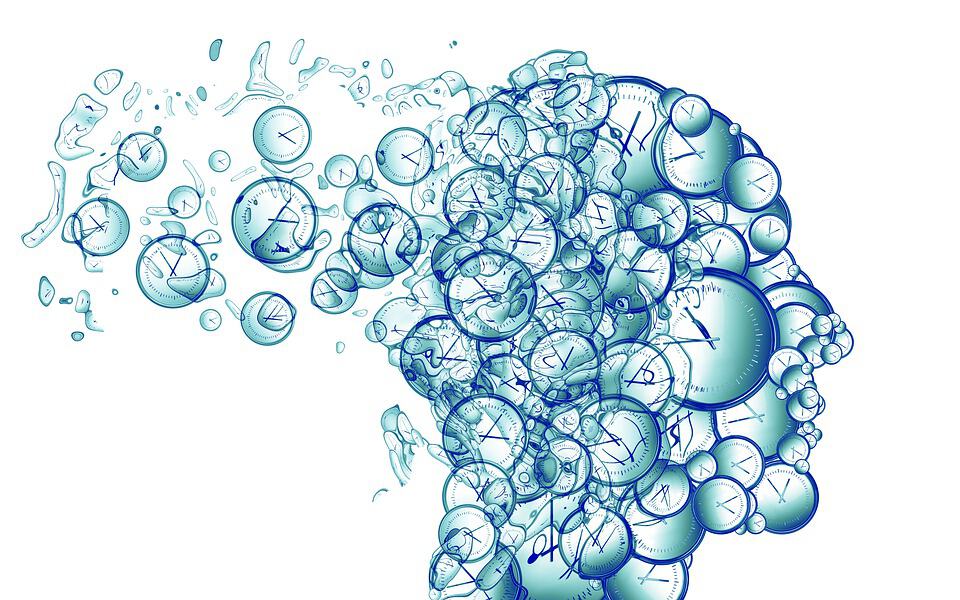Until now, no one has yet been able to travel through time, but the question of whether such travel is possible, purely theoretically, continues to stir the minds of scientists. Many science fiction movies, such as “Terminator” or “Back to the Future” show us that time travel can become a huge problem, violating the fundamental laws of the universe. Such violations can cause so-called temporal paradoxes, and while the concepts of such paradoxes are still somehow within the framework of our thinking, the consequences caused by paradoxes can hardly be imagined by the most sophisticated science fiction writer.

An example of such a paradox is the case shown to us in an episode of Back to the Future. If, for example, you go back in time and by your actions prevent your parents from meeting, how can you exist to make this journey? However, a team of physics scientists from the University of Queensland, Australia, has developed a new mathematical justification for a theory of time travel that completely rules out the possibility of paradoxes.
“The laws of classical dynamics say that if you know the state of a system at a certain point in time, then the entire history of this system becomes known automatically,” says Germain Tobar, the student who laid the foundation for the new theory, “However, according to the same General Relativity Theory of Albert Einstein, time travel is possible, moreover, there may still exist so-called time loops, when the same event can be in the past and in the future relative to itself.

The theoretical calculations made by scientists and the models created on their basis show that the space-time continuum can adapt independently in order to avoid the occurrence of a paradox. For example, someone returns to the past in order to nip the spread of a disease in the bud. His mission is successful and immediately, for obvious reasons, a paradox arises, which is that this traveler would have no reason to make the time travel. But, according to the new theory, the traveler’s elimination of the cause of the disease would only result in that disease, or some other disease, taking a different path of spread, causing the same consequences and eliminating the paradox. In other words, no matter what the time traveler does, he will not be able to stop the spread of the disease.
It is unlikely that anyone who does not have degrees in physics and mathematics is able to grasp the maze of the new theory of time travel. But if we try to put it as simply as possible, this theory determines the effects of deterministic processes without chaos in an arbitrary number of regions of the space-time continuum, and demonstrates that two closed time lines (as predicted by Albert Einstein) are consistent with each other according to the rules of classical physics.
“The mathematical basis of the theory developed and the results of its verification can so far be classified as science fiction,” says Fabio Costa, the University of Queensland physicist who led this research, “This theory suggests that time travel is possible and that time travelers are free to do anything they want without the risk of creating paradoxes.”
However, someday mankind will be able to get to the realization of time travel technology, even Stephen Hawking talked about this at one time. And this new theory of time travel gives us hope that people, by their actions in the past, will in no way be able to harm the time of the present.
“When you even purposely try to do something to cause a paradox, events will follow a different causal path and avoid the occurrence of any inconsistencies,” says Fabio Costa, “The mathematical processes we have found and developed indicate that time travel is theoretically possible in our universe and that time travelers have complete freedom of action without fear of creating temporal paradoxes.”


